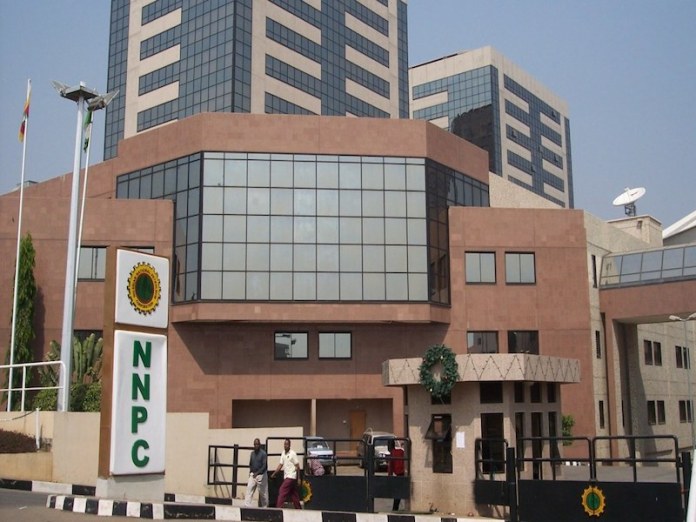Company News
NNPC Refineries Spend N127 Billion on Staff Despite Zero Output

Nigeria’s non-operational refineries have incurred N127.326 billion in salaries and employee benefits over two years, despite being completely inactive.
The Kaduna, Port Harcourt, and Warri refinery companies, all under the Nigerian National Petroleum Company (NNPC), have been closed since 2020 but continue to pay massive sums to their employees.
A recent investigation by SaharaReporters highlights the financial burden these refineries have placed on the nation.
In 2020 alone, NNPC’s audited financial statements reveal that these three refineries spent N60.547 billion on salaries and wages.
This trend continued into 2021, with an additional N66.779 billion allocated to employee compensation, even though the facilities produced no refined crude oil during this period.
The Port Harcourt Refinery Company, which has long been at the center of government promises for revitalization, expended N22.547 billion in 2020 and N32.023 billion in 2021 on salaries and benefits.
Similarly, the Warri Refinery Company, despite its inactivity, spent N12 billion in 2020 and N14 billion in 2021 on staff expenses.
The Kaduna Refinery Company, which also remains non-functional, reported personnel costs of N26 billion in 2020 and N20 billion in 2021.
The situation is compounded by the fact that the Kaduna Refinery Company provided loans to its employees totaling N2.2 billion between 2020 and 2021, raising further questions about the financial management of these entities.
This disclosure has sparked widespread concern among stakeholders, particularly given the dire economic circumstances Nigeria faces.
The nation has struggled with rising inflation, soaring unemployment, and mounting public debt, making the expenditure on non-productive refineries even more troubling.
The NNPC and the Nigerian government have repeatedly assured the public of plans to rehabilitate the country’s refineries.
However, these promises have yet to materialize, with the Port Harcourt refinery’s much-anticipated revival delayed for a record sixth time.
The ongoing delays have further eroded public trust in the government’s ability to manage the nation’s critical infrastructure effectively.
Critics argue that the continued payment of salaries to staff at non-operational refineries is a glaring example of the inefficiencies plaguing Nigeria’s oil sector.
They call for urgent reforms to address the financial mismanagement and ensure that public funds are used more judiciously.